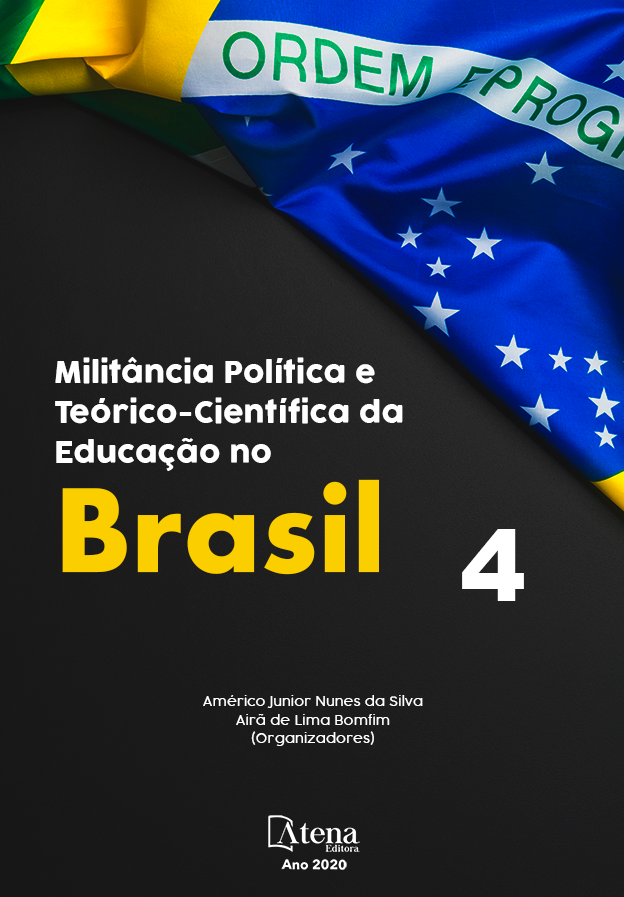
TECNOLOGIA DE INFORMAÇÃO E EDUCAÇÃO APLICADA AO ENSINO SUPERIOR: PERCEPÇÕES EM UMA IES EM BELÉM DO PARÁ
A revolução científica e tecnológica e a globalização mudaram a vida das organizações de uma forma incomparavelmente mais intensa do que em qualquer outra época da história. As organizações estão utilizando novos modelos de gestão que privilegiam estruturas orgânicas e flexíveis, bem como culturas participativas e democráticas, para um melhor aproveitamento da tecnologia e da informação. Em uma sociedade globalizada, a utilização das Tecnologias de Informação e Comunicação (TICs) pelas organizações caracteriza-se, portanto, como um mecanismo eficiente para implementar melhorias nos processos, produtos e serviços. Dessa forma, no âmbito das Instituições de Ensino Superior (IES), em que a Educação representa a atividade central, o uso do digital pode fomentar positivamente o ensino e aprendizagem e, também, os processos de trabalho nessas instituições. O trabalho apresentado tem o objetivo de realizar um diagnóstico sobre a percepção dos professores e alunos de uma IES, na aplicação e no uso de meios digitais no processo educacional na instituição (ensino e aprendizagem e seu suporte). O estudo de caso está desenvolvido sob a forma de uma pesquisa empírica aplicada, tomando uma abordagem qualitativa e quantitativa. Com base na investigação realizada foi possível verificar que é perceção geral, a existência de processos não adequados e a noção de que são necessárias mais competências para lidar com as TIC, por parte dos professores e repensar a organização do ensino e aprendizagem, por parte da comunidade, confirmando a expectativa de muitos dos atores das instituições de ensino superior, de uma necessidade de mudança para a melhoria de processos de ensino e aprendizagem.
TECNOLOGIA DE INFORMAÇÃO E EDUCAÇÃO APLICADA AO ENSINO SUPERIOR: PERCEPÇÕES EM UMA IES EM BELÉM DO PARÁ
-
DOI: 10.22533/at.ed.99320261018
-
Palavras-chave: Sociedade da informação. Tecnologias de Informação e Comunicação. Ensino Superior.
-
Keywords: Information Society. Information and Communication Technologies. Higher Education.
-
Abstract:
The scientific and technological revolution and globalization have changed the lives of organizations in a way incomparably more intense than at any other time in history. Organizations are using new management models that emphasize flexible and organic structures, as well as participatory and democratic cultures, for a better use of technology and information. In a globalized society, the use of Information and Communication Technologies (ICT) by organizations is thus characterized as an efficient mechanism to implement improvements in processes, products and services. Thus, in the context of Higher Education Institutions (HEIs), where Education represents the central activity, the use of digital can positively foster teaching and learning, as well as the work processes in these institutions. The present work has the objective of making a diagnosis about the perception of teachers and students of an HEI, the application and the use of digital media in the educational process in the institution (teaching and learning and its support). The case study is developed in the form of applied empirical research, taking a qualitative and quantitative approach. Based on this research we can advance that the general perception of the academic community is that current processes related with education and learning are not aligned with the ones needed for taking advantage of ICT. It seems that there is a global impression that the education and learning processes need to be rethink. Those impressions from professors are also confirmed by the other actors in a higher education institution and its education community, who stressed the need to change.
-
Número de páginas: 25
- Luis Borges Gouveia
- ANDREA CRISTINA MARQUES DE ARAUJO


